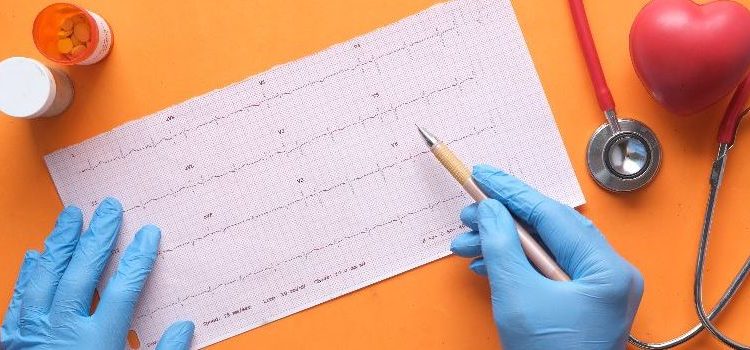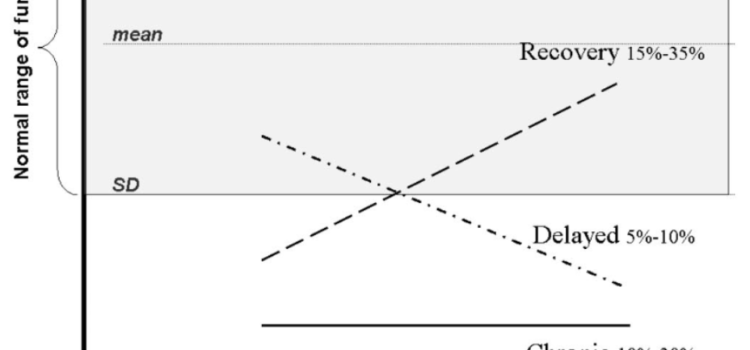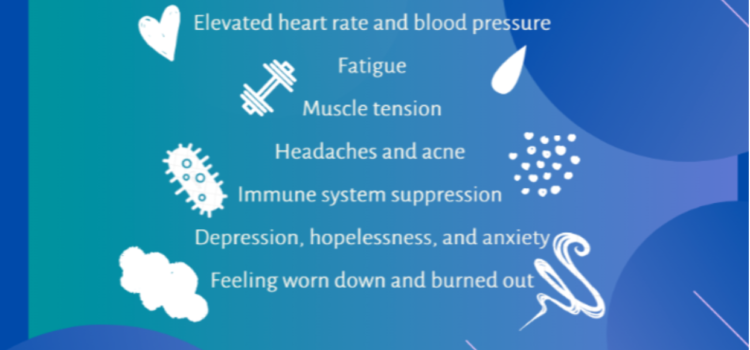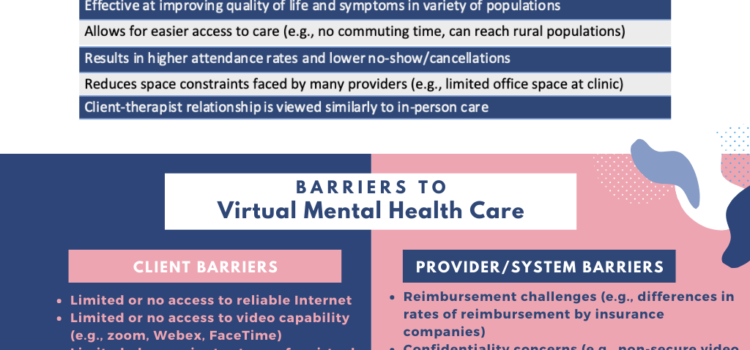Mental health disorders such as ADHD, depression, and anxiety are routinely screened for in pediatric practices (1), so that children and adolescents who may have these conditions receive the help they need as soon as possible. However, psychotic symptoms that are “subclinical” – that are not severe enough to be considered a true psychotic symptom but are similar in content to a psychotic symptom—are not typically assessed by pediatricians…
“Subclinical” Psychotic Symptoms in Adolescents: What Do They Mean?








